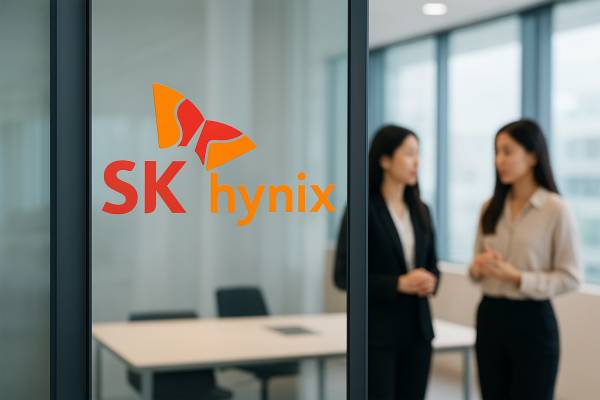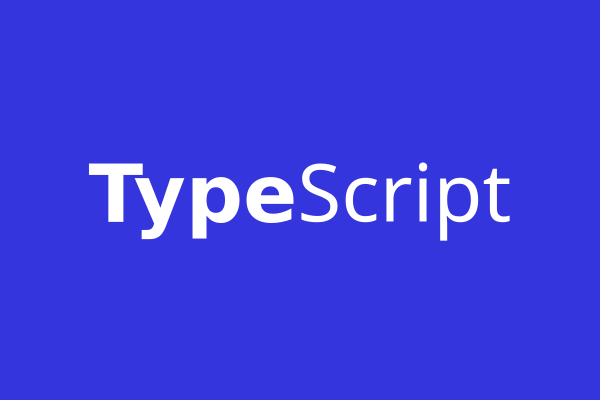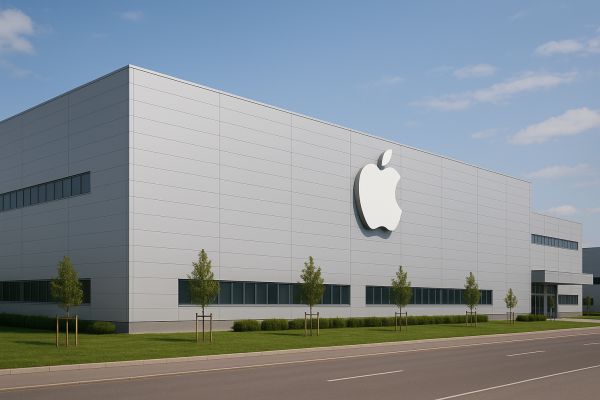There is no shortage of innovation in the world of AI-based development tools. Google has now announced direct GitHub integration for its premium AI assistant, Gemini Advanced. This move is not only a response to similar developments by its competitor OpenAI, but also a significant step forward in improving developer workflows.
The new feature allows users to import entire GitHub repositories—whether public or private—directly into the Gemini Advanced interface. Having full codebases available in this way greatly simplifies the work process: developers no longer need to copy and paste code snippets, but can work directly with the entire project structure. This enables the AI to provide more accurate and context-aware answers.
The system is easy to use. Users can click the "+" button in the chat interface, choose "Import Code," and then paste the URL of the GitHub repository they want to work with. Once the code is imported, the AI assistant can answer questions about the project, find bugs, generate new features, and even explain complex parts of the code in detail.
This GitHub integration is available exclusively to Gemini Advanced subscribers, who pay a monthly fee of $20. With this pricing, Google clearly targets professional and serious hobbyist developers. This positioning makes sense, as the feature offers real value to those who work with complex code on a daily basis and require reliable, intelligent support.
The integration not only improves the user experience but can also boost productivity. By letting developers handle code analysis, debugging, and feature generation within a single platform, it reduces the need for switching between tools and helps minimize distractions. In this way, the AI becomes more of a true partner in software development, rather than just a tool.
The timing of the announcement is also significant. OpenAI recently launched its own GitHub-integrated tool with similar goals. Google's update is therefore a clear sign that a competitive race has begun in the field of AI-powered development platforms—where ease of use, depth of understanding, and response accuracy are becoming the main factors that set tools apart.
Although the feature is currently limited to paid users, GitHub integration already offers a glimpse into the future of software development. Rather than replacing programmers, artificial intelligence is giving them a powerful new tool—and with this update, Gemini Advanced has taken another important step forward.

















